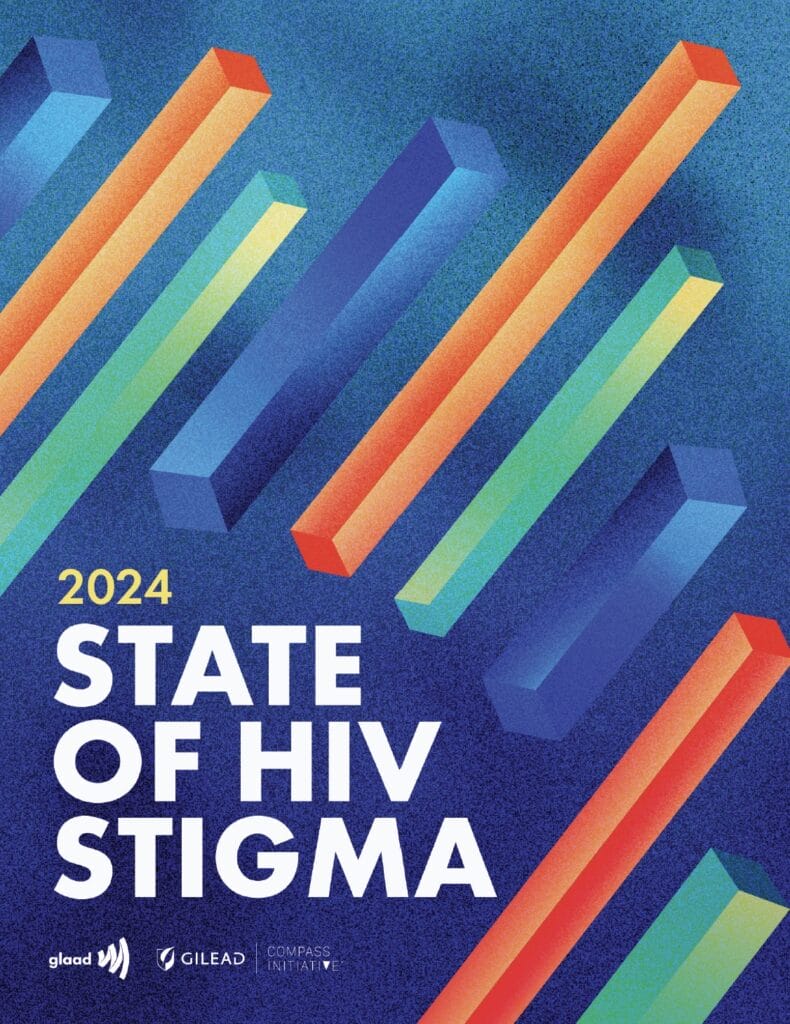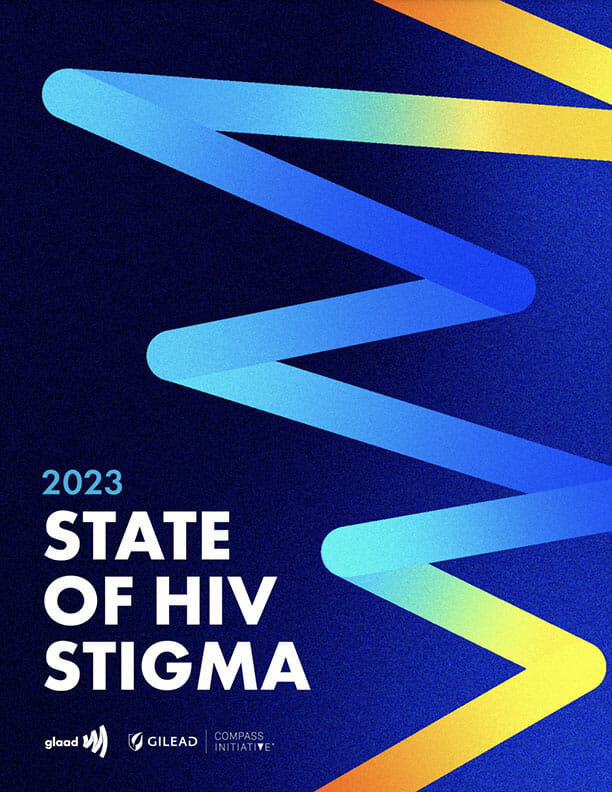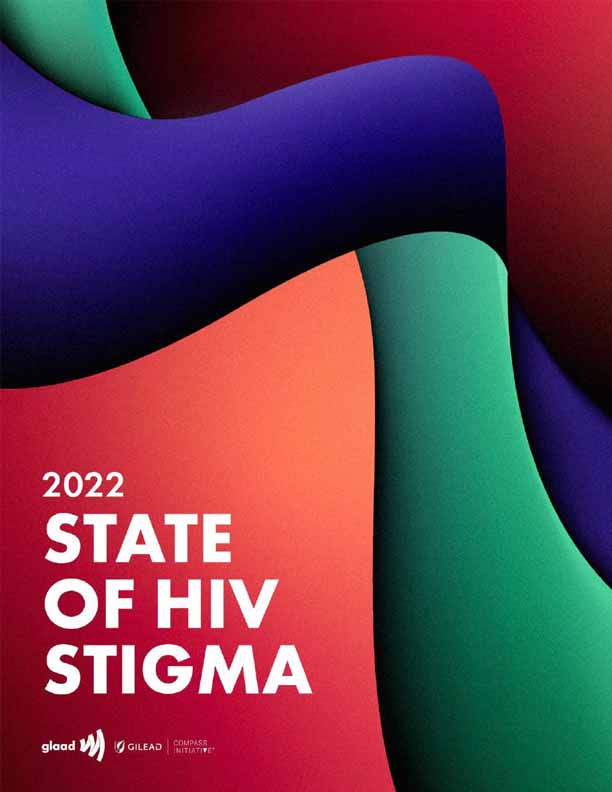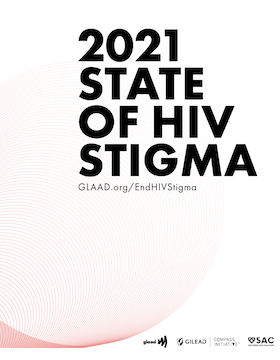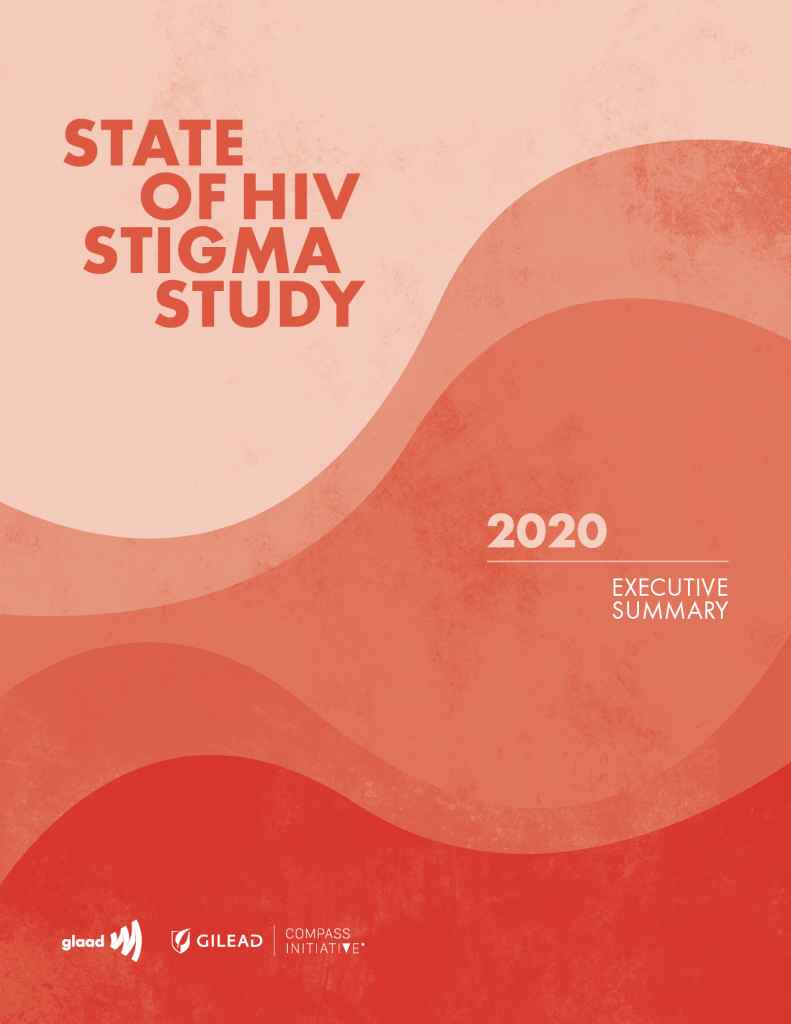
Summer of Giving – Donate with Pride!
GLAAD has teamed up with America’s Blood Centers to launch Summer of Giving, a national blood drive campaign focused on advocacy and education on the implementation of new FDA guidance that expands blood donor eligibility to more LGBTQ people, especially for gay and bisexual men who, in the past, have faced discrimination around blood donor eligibility.
America’s Blood Centers is a national organization of community-based, independent blood centers that supply 60% of the nation’s blood supply.
Summer of Giving runs from Tuesday, May 28, 2024, through National Blood Donation Day on Wednesday, September 4, 2024, this initiative encourages businesses to host blood drives and all eligible individuals to donate blood in recognition of recent eligibility changes that promote fairness and inclusivity in the donation process while maintaining the safety of the blood supply.
Donate with pride and find a blood center near you at the blood center finder below!
A New Era of Eligibility for LGBTQ Blood Donors
In accordance with new FDA guidelines, the sexual orientation of a donor and their sexual partners will no longer be a consideration for donor eligibility. The FDA’s updated eligibility guidelines include:
- Any individual who has had a new sexual partner in the past three months and has engaged in anal sex during that same period is deferred for three months from the most recent sexual contact.
- Any individual who has had more than one sexual partner in the past three months and has engaged in anal sex during the same period is deferred for three months from the most recent sexual contact.
- Any individual who has taken any oral antiviral medication to prevent HIV (PrEP or PEP) is deferred for three months from the most recent dose. These medications may delay detection of HIV and result in false negative test results.
- Any Individual who has taken any long-lasting antiviral medication by injection to prevent HIV (PrEP or PEP) is deferred for two years from the most recent injection.These medications may delay detection of HIV and result in false negative test results.
- Any individual who has ever taken any medication (i.e., ART) to treat an HIV infection is permanently deferred.
The FDA’s prior guidance included donor eligibility questions that considered the gender of a donor and their sexual partners and required a three-month deferral for any male who has had sex with another male in the past three months.
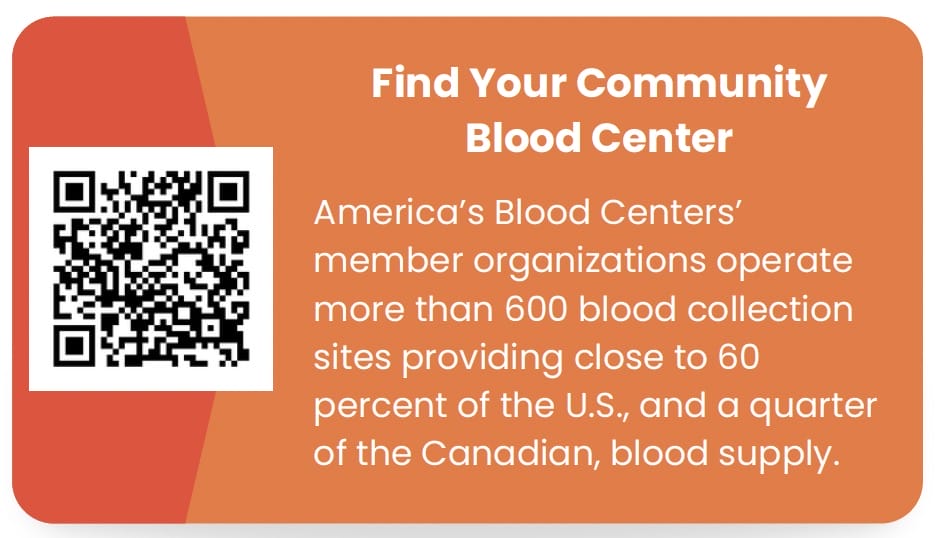
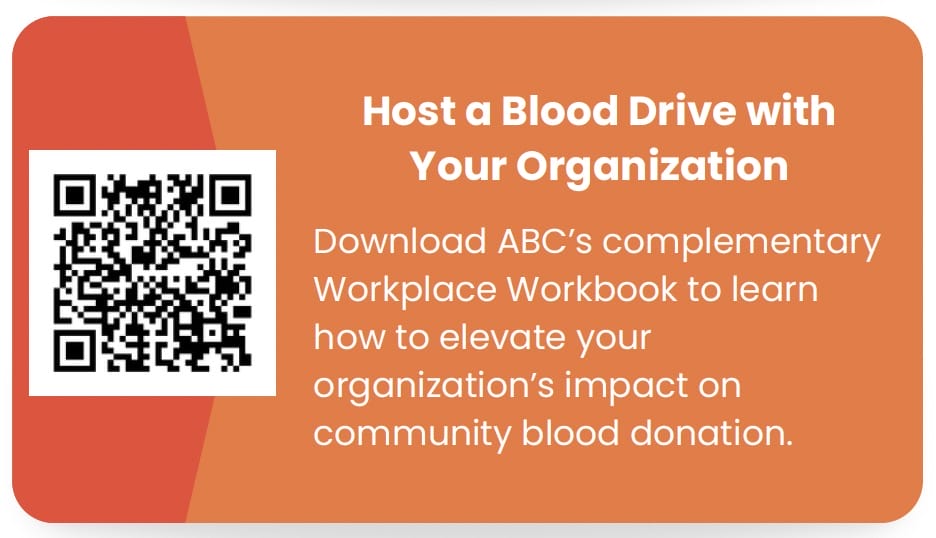
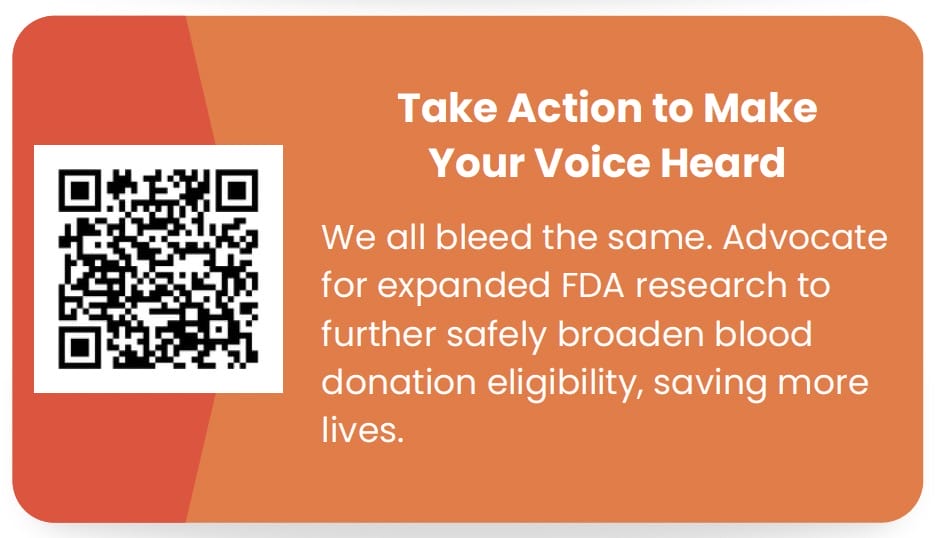
Videos
Send a Letter to the FDA
GLAAD Resources
GLAAD Research
Helpful Organizations
- ACT UP (AIDS Coalition to Unleash Power) is a diverse, non-partisan group of individuals committed to direct action to end the AIDS crisis.
- The American Foundation for AIDS Research (amFAR) is a leading organization dedicated to the support of HIV/AIDS research.
- Gay Men’s Health Crisis (GMHC) offers hands-on support services in New York City and HIV/AIDS education and advocacy for hundreds to thousands nationwide.
- HIV Medicine Association is an organization of U.S.-based HIV medicine professionals
- The International AIDS Society is the world’s leading independent association of HIV professionals.
- The National Association of People with AIDS (NAPWA) advocates for the lives and dignity of all people living with HIV/AIDS, especially the more than a million Americans who live with it today.
- Office of National AIDS Policy (ONAP) emphasizes prevention through wide-ranging education initiatives and helps to coordinate the care and treatment of citizens with HIV/AIDS.
- +Life Media is a media group focused on propelling stories of people living with HIV into the mainstream.
- UNAIDS, the Joint United Nations Programme on HIV/AIDS, is an innovative partnership that leads and inspires the world in achieving universal access to HIV prevention, treatment, care and support.
- The World Health Organization (WHO) Department of HIV/AIDS provides evidence-based, technical support to Member States in scaling up treatment, care and prevention services and supply of HIV commodities to enable a comprehensive and sustainable response to HIV in countries.
- Kaiser Family Foundation’s HIV resources
HIV/AIDS Fast Facts
- People living with HIV today, when on effective treatment, lead long and healthy lives and cannot transmit HIV. Treating HIV can suppress the virus to the point it is no longer detected. When HIV is undetected, it is untransmittable, the key message of the U=U campaign.
- According to the Centers for Disease Control and Prevention, nearly 40% of new HIV infections are transmitted by people who don’t know they have the virus.
- HIV.gov: In 2020, people aged 13 to 34 (GenZ and Millennials) accounted for more than half (57%) of new HIV diagnoses.
- Black Americans account for more HIV diagnoses (43%), people living with HIV (42%), and the most deaths among people with HIV (44%), more than any other racial and ethnic group in the U.S. Black Americans are just 12% of the U.S. population.
- The CDC reports that the U.S. South experiences the greatest rates of HIV and lags behind in providing quality HIV prevention services and care.
- Medications like PrEP protect people who do not have HIV from contracting HIV. The CDC states that PrEP reduces the risk of getting HIV from sex by about 99% when taken as prescribed.
According to Federal Data from the National HIV/AIDS Strategy (NHAS)
- New HIV infections in the U.S. have declined in recent years, after a period of general stability. Estimated annual new HIV infections were 12% lower in 2021 compared to 2017—dropping from about 36,500 infections to about 32,100, putting us in a good starting position as we began our work to implement the Strategy.
- Overall, in 2022, 36% of the 1.2 million people in the U.S. who could benefit from PrEP were prescribed it, compared to 23% in 2019, though significant racial/ethnic and gender disparities persist.
- Nearly 90% of Ryan White HIV/AIDS Program clients receiving HIV medical care in 2022 reached viral suppression, significantly higher than the 69.5% in 2010.
- Across 55 countries, PEPFAR supports over 63 million people with HIV testing services, and nearly 19 million people with antiretroviral treatment.
- Over the course of its 20 years, PEPFAR has enabled 5.5 million babies to be born HIV-free to mothers living with HIV and trained 340,000 new healthcare workers

